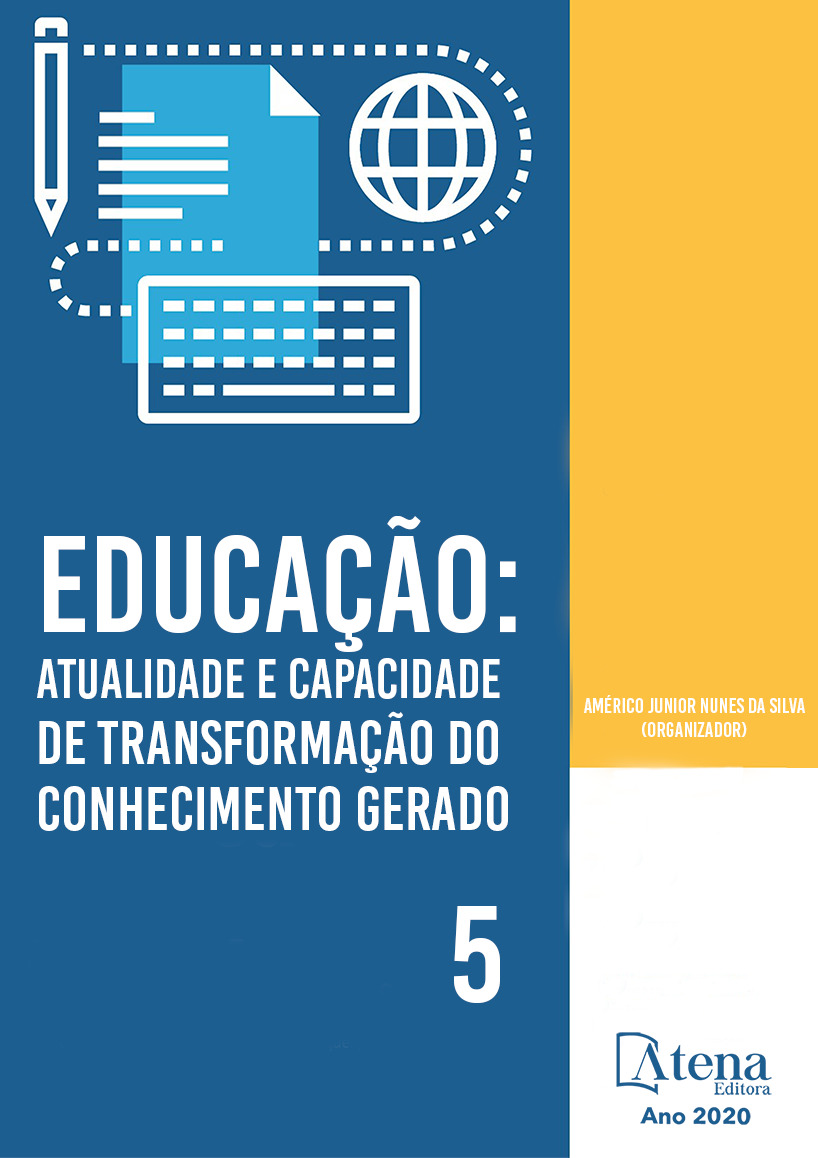
CENAS E DIÁLOGOS ENTRE CRIANÇAS NO CONTEXTO DA EDUCAÇÃO INFANTIL: O QUE PENSAM, SENTEM E FALAM SOBRE AS RELAÇÕES DE GÊNERO?
O estudo trata dos significados relativos a gênero segundo as perspectivas de crianças entre 4 (quatro) e 5 (cinco) anos de idade, no contexto de uma Instituição de Educação Infantil. Para a geração de dados foram empregadas as seguintes técnicas: entrevistas abertas e semiestruturadas com as crianças, utilizando-se de dinâmicas, de brincadeiras e de contação de história; observação participante nos diferentes tempos e espaços escolares; diário de campo e análise dos artefatos sociais e culturais presentes na instituição. Os resultados apontaram a existência de processos diferenciados de socialização de meninos e meninas e a apropriação de roteiros coercitivos de gênero e sexuais pelas crianças. Evidenciaram-se momentos em que as crianças romperam com valores reprodutores da dicotomia de gênero, “produzindo as suas próprias culturas”. A partir dessa conjectura destacou-se a importância da instituição escolar, enquanto espaço com finalidades educacionais humanizadoras, na coparticipação da construção de roteiros que auxiliem as crianças em suas reflexões e em suas condutas para que questionem e rompam com os padrões sociais normativos e coercitivos que segregam, hierarquizam, excluem, categorizam e reforçam as desigualdades entre os sujeitos.
CENAS E DIÁLOGOS ENTRE CRIANÇAS NO CONTEXTO DA EDUCAÇÃO INFANTIL: O QUE PENSAM, SENTEM E FALAM SOBRE AS RELAÇÕES DE GÊNERO?
-
DOI: 10.22533/at.ed.9062018085
-
Palavras-chave: Infância; Gênero; Educação Infantil
-
Keywords: Childhood; Genre; Child education.
-
Abstract:
The study deals with the meanings related to gender according to the perspectives of children between 4 (four) and 5 (five) years of age, in the context of an Early Childhood Education Institution. For data generation, the following techniques were used: open and semi-structured interviews with children, using dynamics, games and storytelling; participant observation at different times and school spaces; field diary and analysis of the social and cultural artifacts present in the institution. The results pointed to the existence of differentiated socialization processes for boys and girls and the appropriation of coercive gender and sexual scripts by children. There were moments when children broke with reproductive values of the gender dichotomy, “producing their own cultures”. From this conjecture, the importance of the school institution was highlighted, as a space with humanizing educational purposes, in the co-participation of the construction of scripts that assist children in their reflections and in their conduct so that they question and break with the normative and coercive social standards that they segregate, hierarchize, exclude, categorize and reinforce inequalities between subjects.
-
Número de páginas: 15
- Maria de Fátima Salum Moreira
- GEISA ORLANDINI CABICEIRA GARRIDO


